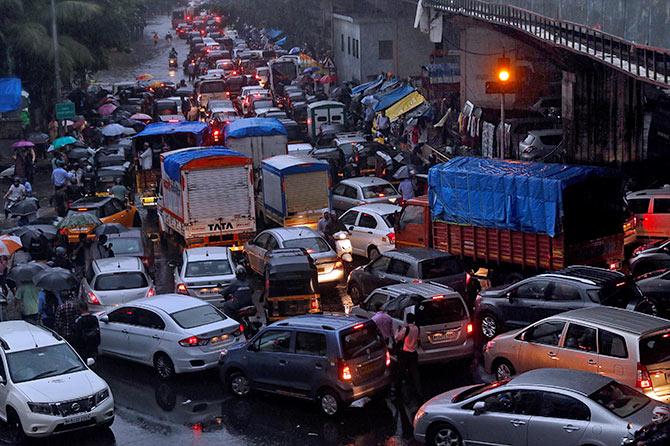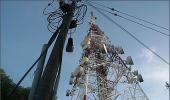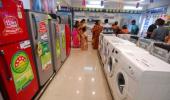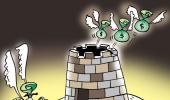Mumbai saw an average 46 per cent decline in congestion during the morning rush hour on Tuesday. New Delhi’s data also showed an average 34 per cent decline in congestion during morning.

Both the financial capital Mumbai and political capital New Delhi have seen decline in traffic after the novel coronavirus (COVID-19) outbreak.
Mumbai saw an average 46 per cent decline in congestion during the morning rush hour on Tuesday.
Congestion levels are usually at 60-80 per cent between 8 am to 10 am.
This fell broadly to a range between 15 and 35 per cent on Tuesday.
The data is based on congestion levels from traffic-tracker TomTom International.
It tracks congestion as a measure of how much longer it takes compared to when the traffic is flowing freely.
A congestion reading of 50 per cent means the trip will take 50 per cent longer than uncongested conditions.
The measure has been used to track activity in China, following the outbreak, by both international media and research analysts.
New Delhi’s data also showed an average 34 per cent decline in congestion during morning, falling a little less than Mumbai.
Congestion levels in 2019 were in the broad range of 45-75 per cent between 8 am and 10 am.
It was down to 15-35 per cent on Tuesday.
Congestion levels are still higher than it would be if everyone had stayed home.
Holi, a mid-week public holiday, had shown a significantly lower congestion rate.
The World Health Organization (WHO) has called for contingency plans at workplaces if the disease spreads.
“The plan should address how to keep your business running even if a significant number of employees, contractors and suppliers cannot come to your place of business,” it said.
Maharashtra Chief Minister Uddhav Thackeray on Monday had asked people to restrict travelling.
“I appeal to the people to avoid public places, trains and buses, if not needed,” he had said on his social media account.
“The coming 10-15 days are very crucial for our state. Data of every country shows that the virus spreads the most in the third and fourth weeks, so I appeal to the people not to panic but follow instructions issued by the government,” he added.
Delhi Chief Minister Arvind Kejriwal also issued similar warnings through the social media.
“The Delhi government declared coronavirus an epidemic.
"We need to exercise abundant caution to contain the disease.
"All cinema halls, schools and colleges in Delhi will be shut until March 31, but exams will continue as scheduled.
"People are advised to stay away from public gatherings,” he said on March 12.
Traffic data for 2019 shows that Mumbai is the fourth most congested city in the world.
It had a congestion level of 65 per cent.
New Delhi was eighth. It had a congestion level of 56 per cent.
A 2019 IDFC Institute working paper titled ‘Assessing cities’ labour market efficiencies’ had noted that Mumbai’s traffic congestion can have implications for economic productivity.
“The average commute on Mumbai’s major routes is longer than an hour, more than double the averages of Singapore, Hong Kong and New York,” it had said.
Photograph: Shailesh Andrade/Reuters











